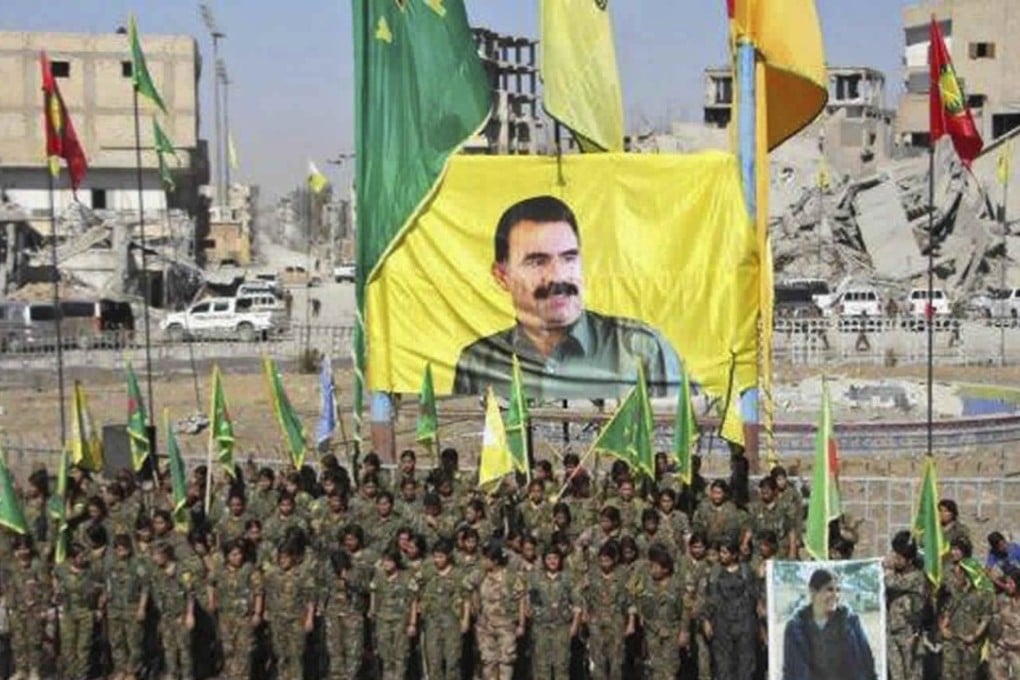Fall of Raqqa opens up a can of worms
The fall of extremist Muslim group’s self-proclaimed capital, Raqqa, only serves to open up a can of worms as rival factions vie for control of Syrian city

The liberation of Raqqa, the nominal capital of Islamic State, by US-backed militias, would seem cause for celebration. But festivities are far from most minds, and understandably so. While the fall of the Syrian city marks the symbolic demise of the extremist Muslim group’s self-declared caliphate, its ability to carry out attacks around the world has not diminished. Worse, the vacuum that a military rather than political victory has created opens the way for uncertainties that could too easily lead to more or even greater brutality against civilians.
At fault is a lack of post-victory strategy. The focus has been on militarily defeating IS, not considering what to do about the territory that has been clawed back or the tens of thousands of people displaced by the fighting. Unlike the IS stronghold Mosul, which was returned to Iraqi sovereignty when the extremists were forced from the city in July, Raqqa is contested by forces opposed to and supporting Syrian President Bashar al-Assad. The United States, seeking his removal, trained and armed the rebel and Kurdish fighters who took the city; Assad now wants it back and he is supported in his aims by his powerful Russian and Iranian allies.
That could create a dangerous situation, not only breathing new life into the Syrian civil war, but also putting the US and its allies in direct conflict with the pro-Assad forces. A further complication is Baghdad’s military action against Kurds in their semi-autonomous region in northern Iraq for a recent referendum and declaration of independence. Kurds also want a nation of their own and that ambition is being fought against not only by the government of Iraq, but also in Iran, Syria and Turkey, the latter country also being, on paper at least, an ally of the US in fighting IS. US President Donald Trump has not stated a position on such issues, although he has made plain his opposition to Assad and Iran.